The MRI-funded synthesis workshop ‘WEATHER’ brought researchers from different countries together in Lima, Peru in order to discuss the scope, strengths, and weaknesses of both traditional and innovative survey methods used to study glacier retreat and dynamics in the Andes, and to identify future research priorities.
The Andes contain a great number of tropical glaciers, and the meltwater they supply is an essential resource for people downstream who depend on it for irrigation and sanitation. Understanding glacier processes and implementing adequate science-based adaptation strategies to mitigate the impacts of climate change requires an interdisciplinary approach. The synthesis workshop ‘WEATHER: a scientific approach to Water sEcurity and climATe cHange adaptation in pEruvian glacieRs’ was an opportunity for investigators from different countries to come together to share their research, methodologies, and objectives, as well as serving as a networking platform for potential collaborations.
Four main topics were discussed during this event: 1) glaciers and water security; 2) natural hazards and health risks from lakes; 3) climate change in a dynamic world; and 4) mountain ecosystems. The one-and-a-half-day workshop covered more than thirty oral and poster presentations from both senior and early-career researchers from Peru, Colombia, Chile, Argentina, Switzerland, and the UK, distributed across four sessions. The event also included the participation of a number of Peru’s government representatives.

During the subsequent oral presentations, useful insights into the relationship between climate and vegetation at several spatial scales over decades were presented, as well as information on how climate variability, coupled with substrate characterization, correlates with plant communities’ changes across the Andes. Moreover, researchers highlighted the relevance of seasonality to explain those changes, which in turn can improve the predictability of vegetation changes and address the potential impacts of ‘El Niño’ or extreme cold events in high-Andean ecosystems. The case studies presented revealed the current situation of glaciers in Peru, and a set of specific questions and recommendations that researchers could include in their future research was developed.
The workshop successfully enabled the exchange of experiences, knowledge, and ideas between researchers, professionals, and students in the areas of hydrology, hydroclimatology, geology, geography, geomorphology, sociology, and psychology, among others. Research into the Andes mountain range opens up new opportunities to generate knowledge, linking social, environmental, and economic perspectives for the development of new interdisciplinary publications and proposals. The most relevant ideas developed over the course of the workshop were translated into a synthesis analysis. Other planned outputs include providing input into the formulation of a national policy for glaciers and mountain ecosystems in Peru, in collaboration with INAIGEM and the Peruvian Ministry of Environment, and building further links between the private sector and academia.
Workshop Organizers
 |
 |
 |
 |
This workshop was funded by the MRI as part of our Call for Synthesis Workshops 2019.


